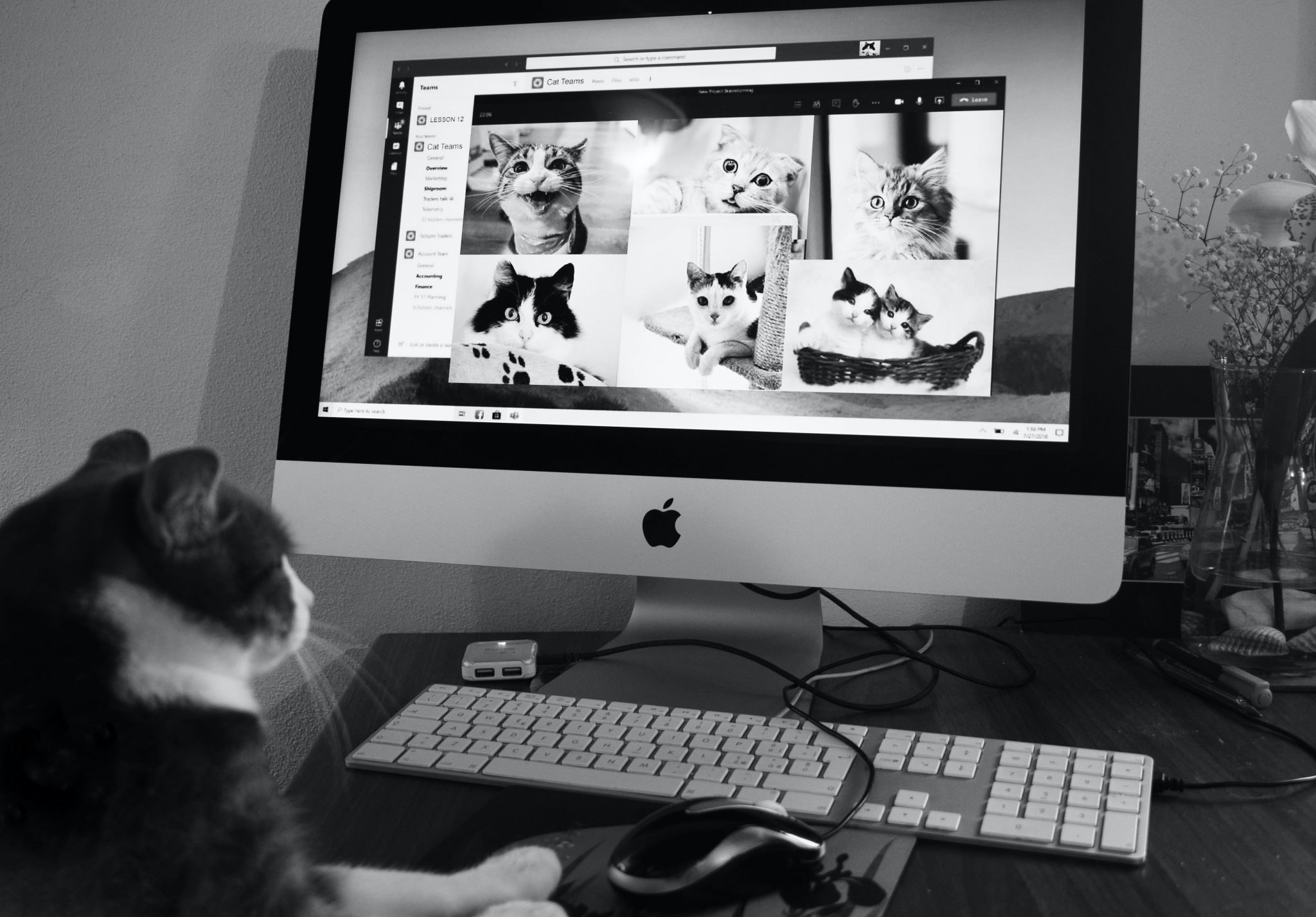A steep rise in pet ownership has promoted an equivalent increase in demand for pet training.
Pets can be as demanding as children in their early months, from potty training to sleepless nights. New problems emerge as they grow up, such as increased aggression in some male dogs, for instance, as they vie for the attention of females. Pets rescued from shelters may have more complex behavioural issues including "resource guarding", aggression and distress at being left alone for even short periods.
Three-quarters of pet parents in one study said they would like to change their pet’s behaviour in some way — and problems have worsened during the pandemic. Many people bought pets to alleviate the boredom and may not have been prepared for the responsibility or were no longer as keen to be parents once they were able to resume their normal life again. The RSPCA, an animal charity, has warned of an impending dog welfare crisis as "lockdown puppies" are returned.
The pandemic itself created behavioural issues. “During Covid, we did not give dogs a second alone so now there is a separation anxiety issue,” says Eliza-Marija Hirvensalo, cofounder of Berlin-based Dogo App, one of Europe’s growing roster of dog training apps. That can lead to whining and crying, excessive chewing, scratching furniture and doors and going to the toilet inside even if trained not to do so.
Pet parents need education too. “There is a feeling that dogs should fit into our lives perfectly, but dogs are very sentient and emotional beings with needs of their own, that are often forgotten in this pursuit of the perfect dog,” says Lorna Winter, cofounder of Zigzag, a puppy-focused training app.

A patchy industry
There is no shortage of advice out there, from fellow dog-walkers, friends or family, the internet and social media, or dog trainers, but these all have their limits. “There is no official qualification for dog trainers,” says Pavel Gertsberg, founder of London-based Strelka, a personalised puppy training app founded in 2021. “You can say you are a dog trainer tomorrow if you want”.
There is no official qualification for dog trainers. You can say you're a dog trainer tomorrow if you want.
In-person training with an expert can be expensive, he adds, with little transparency over quality. Group classes are more affordable but not suitable for pets for whom socialisation might be one of the main challenges. Hirvensalo’s inspiration for starting Dogo App with her developer husband was dissatisfaction with dog schools for their anxiety-ridden shelter dog.
Patrick Luke, cofounder at Zigzag, says puppies learn better in their home environment where they are comfortable, which can make group sessions with other puppies more challenging if it happens too soon in their development — and means digital or remote sessions can be more effective.
Borrowing ideas from Duolingo and Headspace
A host of European startups are building apps and platforms that combine the openness, convenience and affordability of the digital era with proper science and expertise in pet training. They focus on a smooth and accessible user experience, personalisation and new tools like machine learning-based video analysis of training videos.
“Technology can enable more targeted content, it can help users to understand progress, like knowing how much time you spend on what, where are the touchpoints where you need assistance,” says Hirvensalo.
Doing less, in a smarter way, is better than training intensively for a couple of weeks
She drew inspiration from Duolingo, the Google-backed foreign language learning platform, for ideas about gamification and making learning more fun. Several founders cited Headspace, the mindfulness app, as an inspiration for how to do a short-form, modular approach to learning.
Dogo App has raised $1 million to date and is currently finalising signatures on a new investment round, according to Hirvensalo.
This aligns with an under-appreciated fact: pet training is not limited to the early months. “Dog training is about the entire lifestyle,” says Noora Keskievari, CEO and cofounder of OneMind Dogs, the Finnish-born platform with nearly 60,000 users. “Doing less, in a smarter way, is better than training intensively for a couple of weeks”. The company has also raised $1 million so far, which it’s investing in product development to scale up.
AI could supercharge training
Dogo App is even looking at machine learning to recognise body positions of dogs to help owners see if dogs are performing an instruction correctly.
Strelka’s Gertsberg is also excited about the prospects of machine learning to analyse visual content and give advice to owners about pet performance by. “We have lots of videos of people training their dogs and marking them as successful or unsuccessful, so we have a data set of hundreds of thousands of videos of dogs of different breeds, height and age, all labelled by the user.
"This can be used for validation — is the dog doing what it’s supposed to be doing? Using machine learning is a long-term ambition, but we think this will be a gamechanger”.
Using machine learning is a long-term ambition, but we think this will be a gamechanger”.
Researchers in the US are exploring whether machine learning can be used to train dogs directly. Others are wondering if the positive reinforcement approach used in dog training is itself a good model for designing algorithms.
Other startups concur that pet training apps will over time become sources of rich data themselves. “Our focus on puppyhood will ultimately lead to the largest pool of data collected on puppyhood development — something very hard to collate in the largely offline fragmented and unregulated training industry,” says Zigzag's Luke.
“Understanding at a mass scale how behaviour evolves through puppyhood will allow us to enhance our programme and provide better outcomes for all users, based on data and outcomes of previous users.”
Teaching the owners rather than the pets
A big focus of these pet training apps is about educating owners as much as their pets, as they can suffer many misconceptions, such as viewing training as essentially about obedience and discipline when in reality, says Gertsberg, “it is about building a bond with your pet”. Similarly, Keskievari says OneMind’s approach is “more about teaching people. Our method is based on the dog’s natural behaviour and instincts”.
While startups think technology can do a lot to help owners, they don’t see themselves in opposition to dog trainers. “Fitness apps didn’t destroy personal training,” argues Gertsberg. “If anything, it supercharged it. People get results, they get excited, then they decide to pay for a personal trainer”.



